December 6, 2019
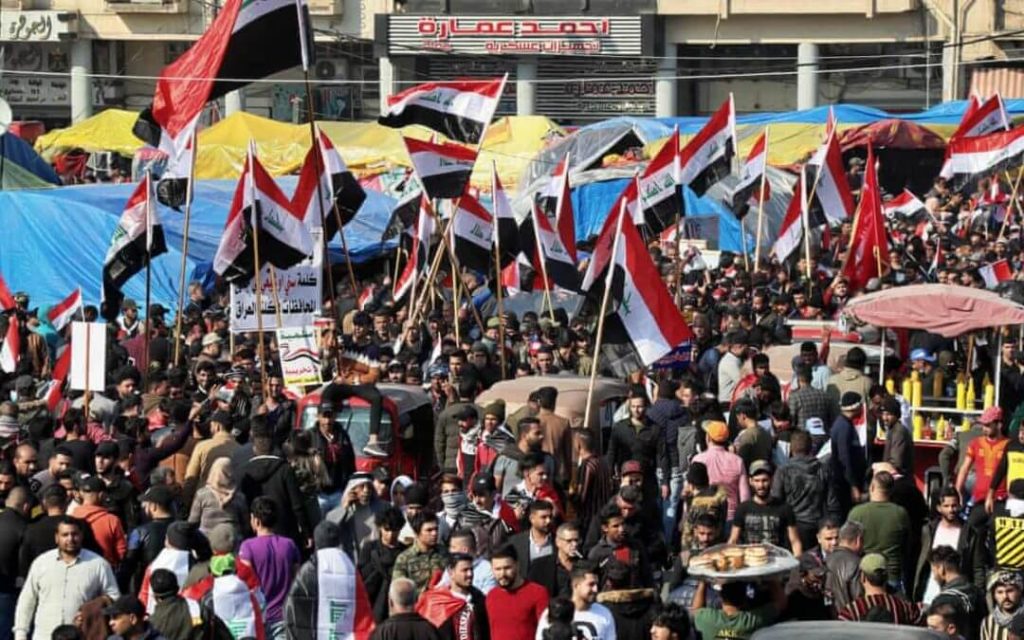

Myanmar’s leader Aung San Suu Kyi has flown to The Hague for legal hearings, as she faces genocide charges in the International Court of Justice (ICJ). Suu Kyi has been accused of orchestrating an offensive with security forces and local Buddhists that systematically killed Rohingya Muslims and forced a large portion of the population to flee. The lawsuit was filed by the largely Islamic Gambia, as a show of religious solidarity with the Rohingya community in Myanmar. Suu Kyi has denied the allegations of genocidal intent and will be attending the hearings in hopes of refuting the conclusions drawn by the international community.

This week, the The Global Climate Risk Index 2020 (CRI) report noted that Vietnam’s position in terms of climate risk has worsened, moving from 9th place in 2018 to 6th place in 2019. The measure of the global vulnerability ladder is supplemented by Vietnam’s increase in extreme weather events over the last decade. With a reported 226 extreme weather events, killing on average 285.80 people per year and causing annual economic losses of US$2 billion per year, the report painted a grim picture for Vietnam’s future at this week’s 25th Conference of the Parties (COP25) in Madrid.
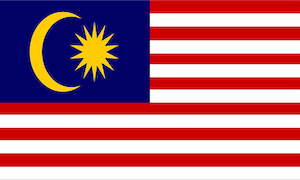
The People’s Justice Party (PKR) of Malaysia has continued to shown signs of fracture, as fights during the PKR Youth Congress were taken to the street this Friday. Though there was a ceasefire between rival groups in the party, the Youth Congress event saw high levels of hostility within the organization. The fight outside of the political convention resulted in one person needing medical attention. As tensions escalate, it is likely that the party will split.

This Tuesday, North Korean leader Kim Jong-un unveiled a new town near Mount Paektu. This town will be able to house 4,000 families and offers a ski slope and a new stadium. However, the building of the town has sparked controversy, because “forced labour is said to have gone into the construction of Samjiyon.”

A large-scale march has been planned in Hong Kong for Sunday, 8th. On Thursday, police allowed the Civil Rights Front, the group that organized the massive protests from this past summer, to formally organize the march. Hong Kong’s police commissioner Chris Tang also urged citizens to continue to demonstrate peacefully, and continue the lull of violence from the past week. However, Tang has travelled this week to meet with senior officials from the ministry of public security in Beijing and is expected to return to Hong Kong on Sunday.
The Chinese government announced this week that the United States navy and Air-force would not be permitted to operate in Hong Kong in retaliation for Washington’s recent adoption of the Hong Kong Human Rights and Democracy Act — legislation that supports pro-democracy protesters in Hong Kong. According to Chinese Foreign Ministry spokesperson Hua Chunying, Beijing urges the U.S. to “correct its mistake and stop meddling in Hong Kong affairs”. The press statement was released on state-run media outlet Xinhua.
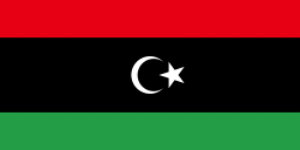
This week, Greece has announced it will be “expelling the Libyan ambassador to the country”. Their reasoning for doing so is behind their disagreement of the Libyan-Turkish agreement “over offshore energy exploration”. They claim this agreement infringes on their sovereignty and their rights to the Aegean Sea. Alongside Greece, Egypt and Cyprus have also claimed the agreement is illegal.

This week, 23 people have died and 130 others were injured in a ceramics factory fire in Khartoum. The fire is said to have started when a gas tank exploded. The fire spread easily throughout the factory, because “there were inflammable materials improperly stored.”
Also this week, leading public figures in Sudan sent a letter to President Trump urging him to remove Sudan from the terror list. President of the Sudanese Doctors Union Sara Abdigalil, one of the signatories of the letter, shared how “things have changed”. She believes Sudan should not be punished for the actions of their ousted leader Omar al-Bashir. With the removal of Sudan from the terror list and the subsequent lifting of sanctions, Sudan will no longer be hindered in their economic progress.

According to U.S. intelligence, the Iranian state has been secretly building a hidden arsenal of short-range ballistic missiles in Iraq. Military officials stated this week that the weapon’s transfer is an attempt to intimidate the Middle East and counter emerging U.S. military presence in the region; since May, President Trump has sent over 14,000 troops to the region. The stockpiling also represents a failure of U.S. efforts to contain Iran’s influence in the region, at the likely expense of its allies such as Israel and Saudi Arabia. Iraq’s recent protests, which highlighted the public’s discontent with Iranian influence within the country, seem to have occurred simultaneously with the weapons transfer. According to U.S. Secretary of State officials, over 1,000 people were reportedly killed in the recent protests, though recent reports from mainstream news outlets such as the BBC have placed casualties at around 400.
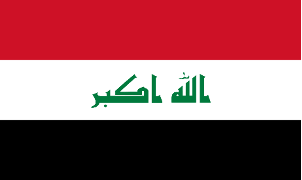
At least fifteen people were stabbed in Baghdad this week during clashes with pro-Iran protestors. A large group of men carrying flags and boasting the insignia of the Hashad al-Shaabi group (an armed, Shia-majority militia) attacked the demonstrators in Tahrir Square. The square has been the epicenter of peaceful protest since demonstrations started in Iraq. Many have speculated that the group of men were working on behalf of the government in an attempt to create divides within the movement.

This Monday, at least 10 people have been killed and 18 others wounded in air raids perpetrated by the Syrian government. The air raids were targeting towns controlled by rebels: Maaret al-Numan and Saraqeb. In these towns the Syrian government’s raids targeted vegetable markets. Furthermore, on Twitter the Civil Defence shared that “the attacks came at a time when the markets were at their busiest”. These deaths add to Syria’s civilian death tally of more than 1,000 since late April.

The Lebanese Presidency announced this week that parliamentary consultations to form a new government in Lebanon will begin next Monday, after Prime Minister Saad Hariri resigned on October 29th in response to the anti-government protests. However, demonstrators have rejected Samir Khatib, the latest frontrunner for Prime Minister, as government formation negotiations persist. Khatib has been criticized by the public has being “too close to the ruling elite”, as he is the head of a large contracting and construction company. Protesters demand the complete removal of the current political class and have insisted on a government dominated by technocrats, despite the will of current Sunni, Shia and Maronite leaders in government.

Following shocking discoveries of widespread food insecurity in Zimbabwe, the United Nations has pledged to deliver food aid to 4.1 million people in the country. The agency will be procuring food from all over the world in an attempt to offset economic devastation, which has been worsened by extreme draught. Though the Zimbabwean people are struggling, the government has banned protests of any kind and has made efforts to consolidate power in the nation.

This Monday, Venezuela and Cuba were accused by US Secretary of State Mike Pompeo for aiming to “hijack” Latin American protests in Bolivia, Ecuador, Chile and Colombia. Furthermore, Pompeo accused Venezuela and Cuba of attempting to arouse unrest. In a statement Pompeo shared, “we will work with legitimate governments to prevent protests from morphing into riots and violence that don’t reflect the democratic will of the people.”

On Wednesday, a survey released indicated that Interim President Juan Guaidó – who is considered the legitimate president of Venezuela in dozens of countries – has lost significant popularity among the Venezuelan people. According to the survey from Meganálisis, just 10% of those surveyed still “believe, trust and support” Guaidó. The results of the survey therefore place Guaidó and Maduro at equal standing in the eyes of the public. The survey of 1,580 people was conducted from Nov. 25 through Dec. 2 and has a margin of error of +/- 2.7 percent.

Human Rights Watch reported this week that press freedom remains under attack in Nicaragua, saying that “the Ortega regime has retained 100% Noticias equipment and kept the channel off the air. Journalists continue to face harassment and death threats from pro-government groups. Some have faced physical attacks and assaults”. As the Ortega regime continues to consolidate power and limit freedoms, the United States has taken steps to pressure the administration. U.S. Secretary of State, Mike Pompeo, announced that the trading giant would be implementing sanctions in aims of holding Ortega accountable.

With more than 30 protesters dead after weeks of turmoil and unrest, Bolivia is now entering a “tense calm”. The calm has come after Bolivia’s Interim President called for new elections. However, despite this recent calming of tensions, Bolivia’s indigenous populations are fearful of setbacks. Under Morales’ 14 year rule, poverty lessened dramatically among Bolivia’s indigenous populations. Now these populations, which make up 40% of Bolivia’s total population, fear progress will stop.
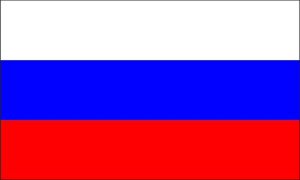
Vladimir Putin and Angela Merkel are scheduled to meet in Paris on Monday to discuss the murder of Zelimkhan Khangoshvili, a former Chechen rebel, in Berlin this August. According to Germany’s head prosecutor, the killing was committed by a suspected Russian contracted assassin, and ordered by either Russian authorities or its Chechen republic. On Wednesday, Chancellor Merkel stated at a news conference that the recent expulsion of Russian diplomats was in response to the Kremlin’s refusal to aid in ongoing investigations into the murder, and that she will discuss the issue with President Putin in Paris.

This Monday, a 16-year-old Guatemalan boy died while under US immigration custody. The boy had shared early Sunday morning he was not feeling well and a nurse assessed his health. The nurse found that the boy had Influenza A and recommended that he should be regularly checked in on and sent to the emergency room if his condition worsened. The boy was then placed in isolation to avoid any spread of his illness. The next day, he was found dead. A video released reveals Border Patrol failed to check in on the boy. He was left for hours on the floor after collapsing before anyone took notice. This tragic incident speaks to highlight the often cruel treatment of individuals in US immigration custody.